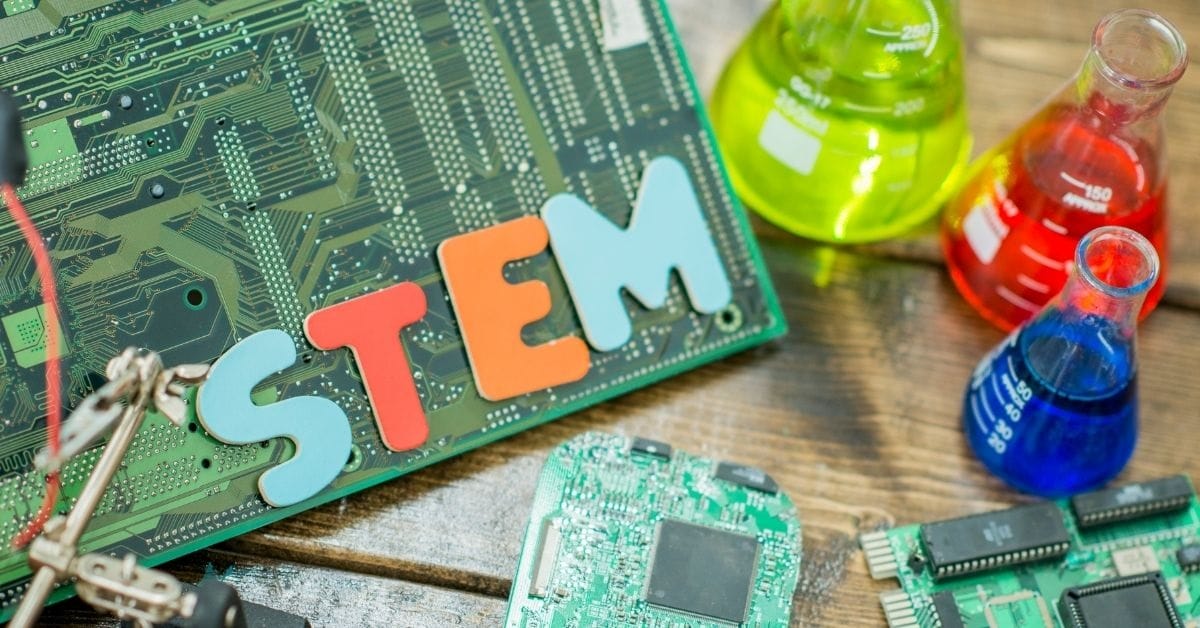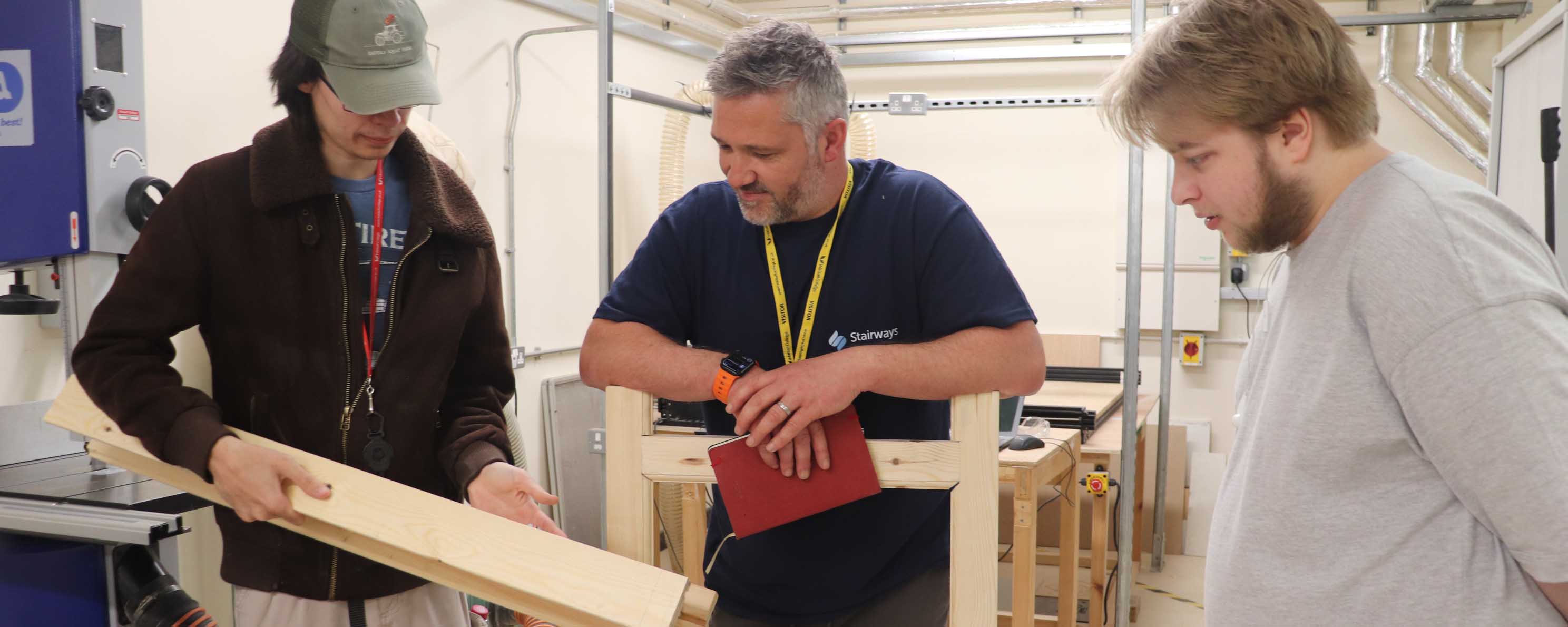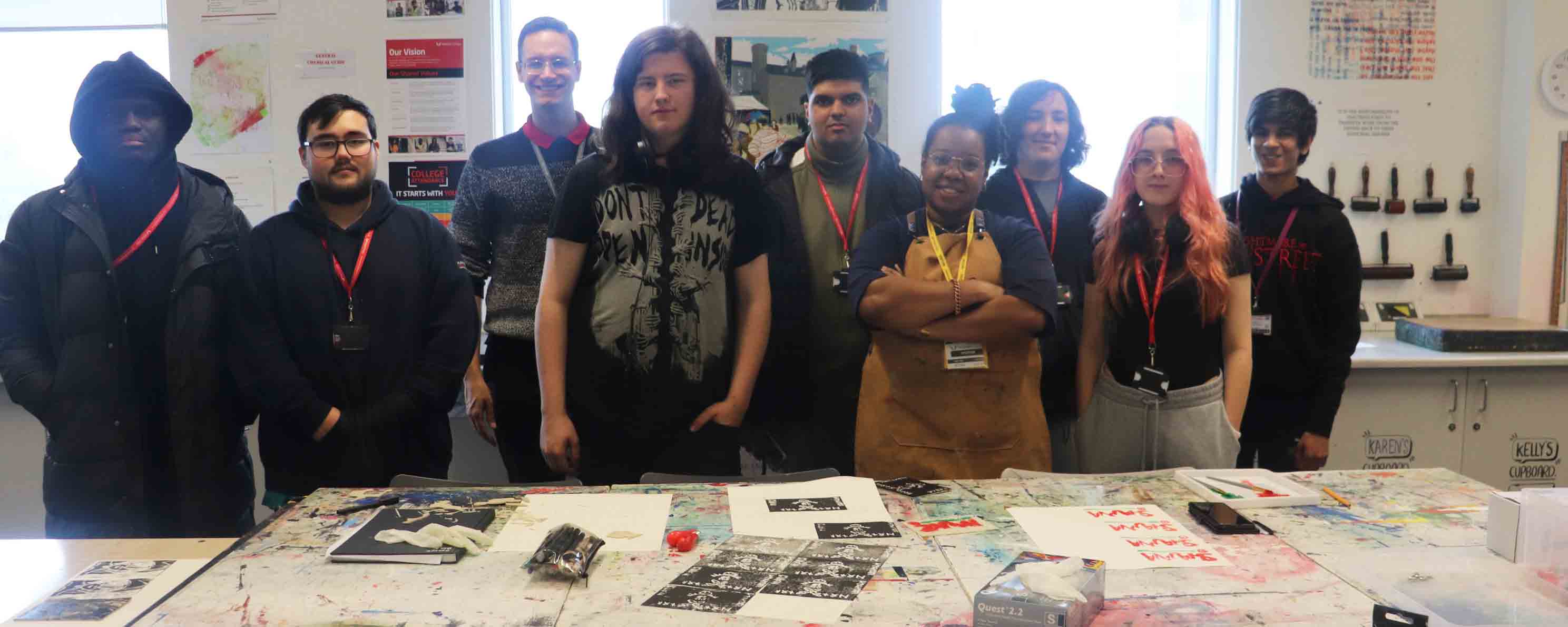Why not all scientists wear lab coats

Goggles, petri dishes and white lab coats. You’d be forgiven for thinking of a scientist. Whilst yes, it’s true, many scientists do spend much of their time in labs conducting important research and analysing data, there is so much more to being a scientist.
Science covers a wide spectrum of careers and the skills gained from a science qualification are highly transferable. Here we take a look at just a few alternative options for a career in science.
- Crime scene investigator
If you enjoy the sight of blood, then this is the role for you. As a crime scene investigator, you’ll be handling important evidence from crime scenes, post-mortems, fires and even suspicious deaths. This could include visiting crime scenes to take photographic evidence as well as samples from fingerprints or even weapons.
It’s important a crime scene isn’t contaminated with other fingerprints, so you’re often the first to examine the scene of a crime!
- Physiotherapist
Physiotherapists are crucial to supporting patients who may be suffering with physical difficulties. It’s common to see a physiotherapist after an injury, where mobility has been affected, but patients can also include those who are disabled, the elderly and those with illnesses.
As a physiotherapist, you’ll assess a patient and carry out the appropriate treatment in order to maximise their movement. This could include manual therapy, therapeutic exercises and electrotherapy.
- Therapeutic radiographer
Therapeutic radiographers use a variety of technical equipment to deliver treatment to patients who are largely suffering with cancer. The equipment distributes radiation- which is what kills tumours, so it’s really important to know how much radiation to deliver.
There are lots of side affects to radiotherapy, so you’ll be supporting patients before and after their treatment.
Most radiographers work with the NHS and as a newly qualified radiographer your starting salary is likely to be £24,907.
- Anaesthetist
If you’ve ever undergone surgery, it’s the anaesthetist that ensured you didn’t feel any pain or woke up during the operation – so it’s quite a crucial role!
Anaesthetists will assess a patient’s health and decide which anaesthetic will be best for their condition during an operation. They will also keep monitoring a patient throughout the surgery and provide aftercare. Anaesthetists support a wide range of patients including children and the elderly, who may require milder forms of anaesthetic.
- Science teacher
There’s no better way to share your passion for science than to pass it on to the next generation. As a secondary school science teacher, you’ll have the option to focus on your specialist area – whether that is biology, chemistry or physics. You’ll be spending most of your time teaching and motivating students to learn, so it’s important to get creative!
There’s a whole host of exciting careers that can come from a qualification in science and at Walsall College, we can help you formulate the right one. Studying with us will mean access to our state-of-the-art science labs dedicated to scientific learning, specialist research projects and first-hand experiments.




